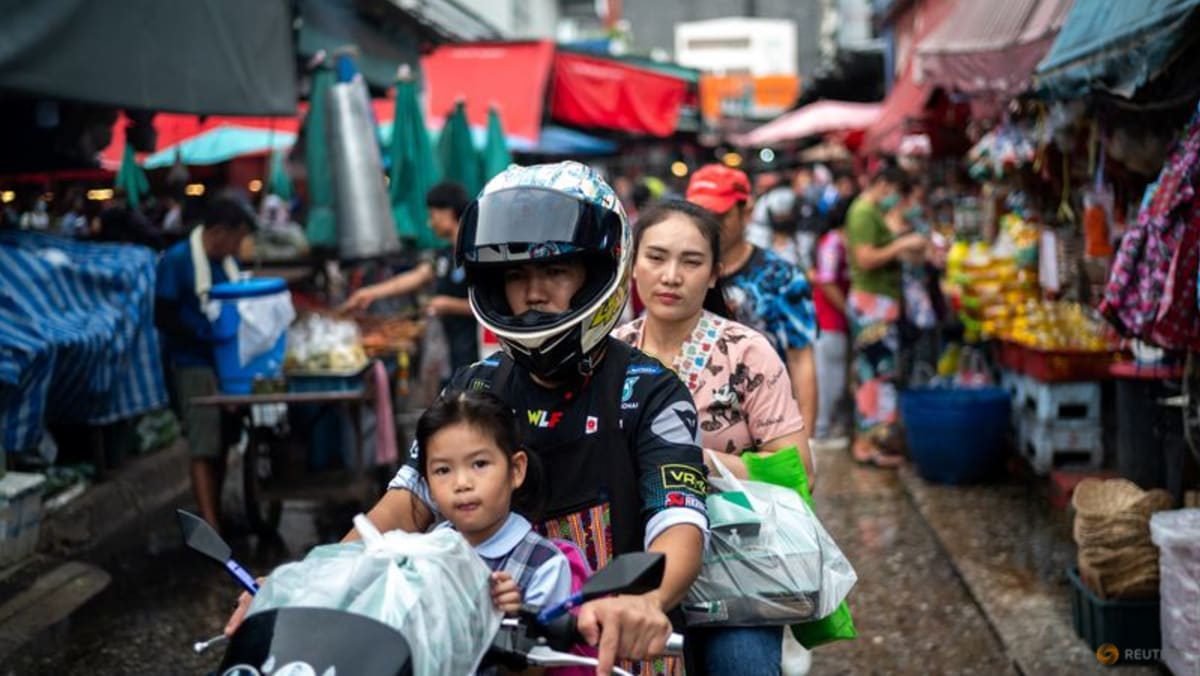BANGKOK : Thai Prime Minister Srettha Thavisin on Tuesday defended his plan to introduce a nationwide daily minimum wage of 400 baht ($10.88) as a necessary move for the economy, as business groups voiced concerns about the impact of higher wage costs.
The government last week said it planned to increase the daily minimum wage countrywide from October, a policy that could help lift consumption in Southeast Asia’s second-largest economy, which is lagging peers in the region.
Wages have been risen just over 10 per cent over the past 10 years, Srettha told reporters after a cabinet meeting.
The wage hike was a key election platform of Srettha’s populist Pheu Thai party, which set a target of 600 baht per day by 2027.
On Tuesday, the Thai Chamber of Commerce said it disagreed with the move as it would affect the economy and competitiveness. The shippers council said the hike would stoke inflation.
The government has raised the minimum wage to 400 baht in several provinces already as a pilot scheme. The previous government increased the minimum wage by 5.02 per cent in 2022.
To help ease living costs, Srettha also said the government would keep diesel prices at up to 33 baht ($0.89) per litre to help ease living costs.
The government would also freeze some LPG prices and reduce some electricity costs, he said.
($1 = 36.7700 baht)
